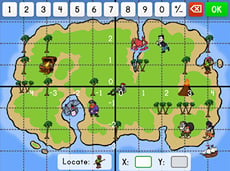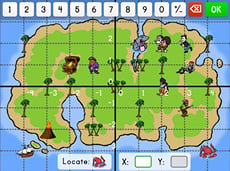Subtopics:
Educational 6th Grade Data and Graphing Games
About Educational 6th Grade Data And Graphing Games
On Education.com, the first page provides a collection of interactive datasets and graphing games designed to enhance 6th grade math skills. These resources include exercises that teach students to interpret bar graphs, line plots, and pie charts, building a strong foundation in data analysis.
The second page offers downloadable worksheets, printable grid paper, and data sets that enable students to practice graphing points, creating charts, and analyzing trends. These hands-on materials support educators and parents in reinforcing graphing concepts through engaging, structured activities.
The third page features themed activities and digital simulations that help students apply data collection and presentation skills in real-world contexts. From tracking daily temperatures to recording sports scores, these lessons make learning graphs both fun and practical.
The second page offers downloadable worksheets, printable grid paper, and data sets that enable students to practice graphing points, creating charts, and analyzing trends. These hands-on materials support educators and parents in reinforcing graphing concepts through engaging, structured activities.
The third page features themed activities and digital simulations that help students apply data collection and presentation skills in real-world contexts. From tracking daily temperatures to recording sports scores, these lessons make learning graphs both fun and practical.





